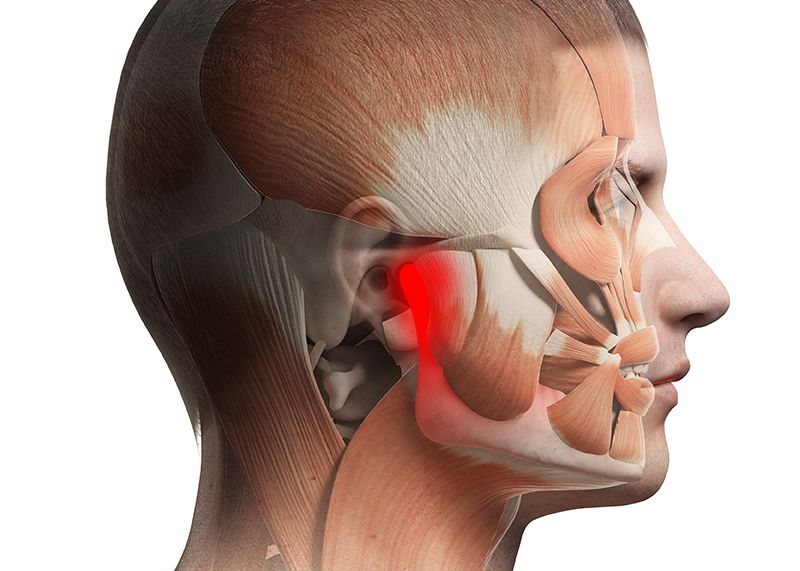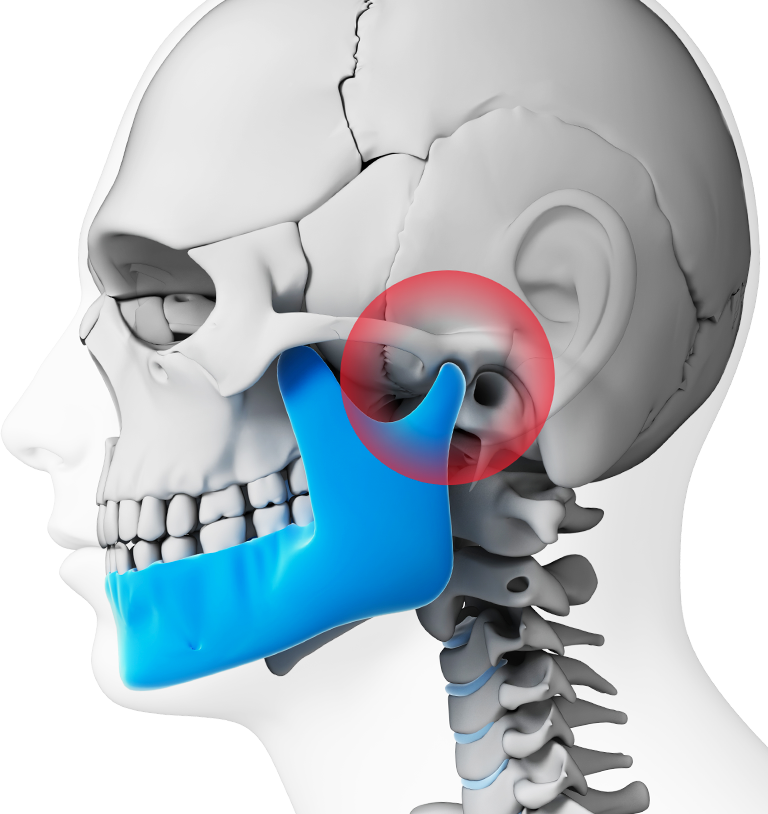What are the Symptoms and Treatments of TMJ Disorder?
TMJ stands for temporomandibular joint. This joint is located in front of your ears on each side of your head, where the lower jawbone meets the skull. One of the most frequently used joints in the body is the joint that we use to bite, chew, talk and yawn. It is a complex joint made up of bones, muscles, and tendons. If you are going through this then you have to seek an emergency dentist immediately.

What causes TMJ disorders?
According to a TMJ specialist near me, there are many different problems that can cause TMJ disorder such as jaw injury, arthritis, and muscle fatigue. Teeth grinding, habitual nail-biting or chewing gum, dental problems, or misalignment of the teeth. Stress can also be a cause as well as some occupational tasks like holding a telephone between the shoulder and the ear.
Symptoms of TMJ Disorder
Symptoms of TMJ disorder include headaches, aching pain around or in the ear, tenderness or pain of the jaw or face, difficulty or discomfort while chewing, lockjaw, and uncomfortable or uneven bite. Other symptoms include toothache or tooth loss, dizziness, and slurred speech. These are some symptoms that are suggested by a dentist near me. You may also have a TMJ disorder if you hear a clicking sound when you open and close your mouth or when you chew. However, if there is no pain associated with the clicking sound, you most likely don't have a TMJ disorder.
Treatment of TMJ Disorder
In some cases, TMJ disorder symptoms will go away without needing treatment for TMJ and in other cases the symptoms are chronic, so if the symptoms persist, you should visit the best dentist in houston. The doctor will advise you to refrain from overusing the jaw. This would mean limiting gum chewing and eating hard foods. They may prescribe pain killers, muscle relaxers or advise you to use a bite guard even though heat and ice therapy and aspirin or Ibuprofen can help control the inflammation. In some cases, physical therapy, stress management, or surgery, used only as a last resort, may be necessary. Some of the TMJ Treatment Near Me includes this:
- Correction of bite abnormalities- Sometimes corrective dental therapy is used for TMJ cure. A dentist can use orthodontics to correct an abnormal bite or make adjustments to bridges or crowns to ensure you have a proper alignment of your teeth.

- Surgery- Surgery is usually the last resort. It is usually suggested after other therapies have failed or in cases where there is significant damage to the tendons and bones of the TMJ. Surgeries may include ligament tightening, joint replacement or restructuring, or a TMJ arthroscopy.
- Medications- Some of the most widely used medications used to cure TMJ disorders are anti-inflammatory drugs. Ibuprofen (like Advil) and naproxen (like Aleve) or steroids can help control swelling and tissue and muscle inflammation. Sometimes muscle relaxants like diazepam are used and in severe cases, an injection of cortisone can be used.
- Heat and Ice therapy- These can be used to help reduce muscle spasm and tension. If the disorder is caused by an injury to the TMJ it is best to use an ice pack right away to relieve pain.
TMJ disorder is a medical condition when the temporomandibular joint that connects the lower and upper jaw is misaligned or stressed. Hence, the best TMJ specialist should be able to address your pain and treat your TMJ problems most effectively. You need to be able to speak to your TMJ specialist without feeling intimidated.
ReplyDelete